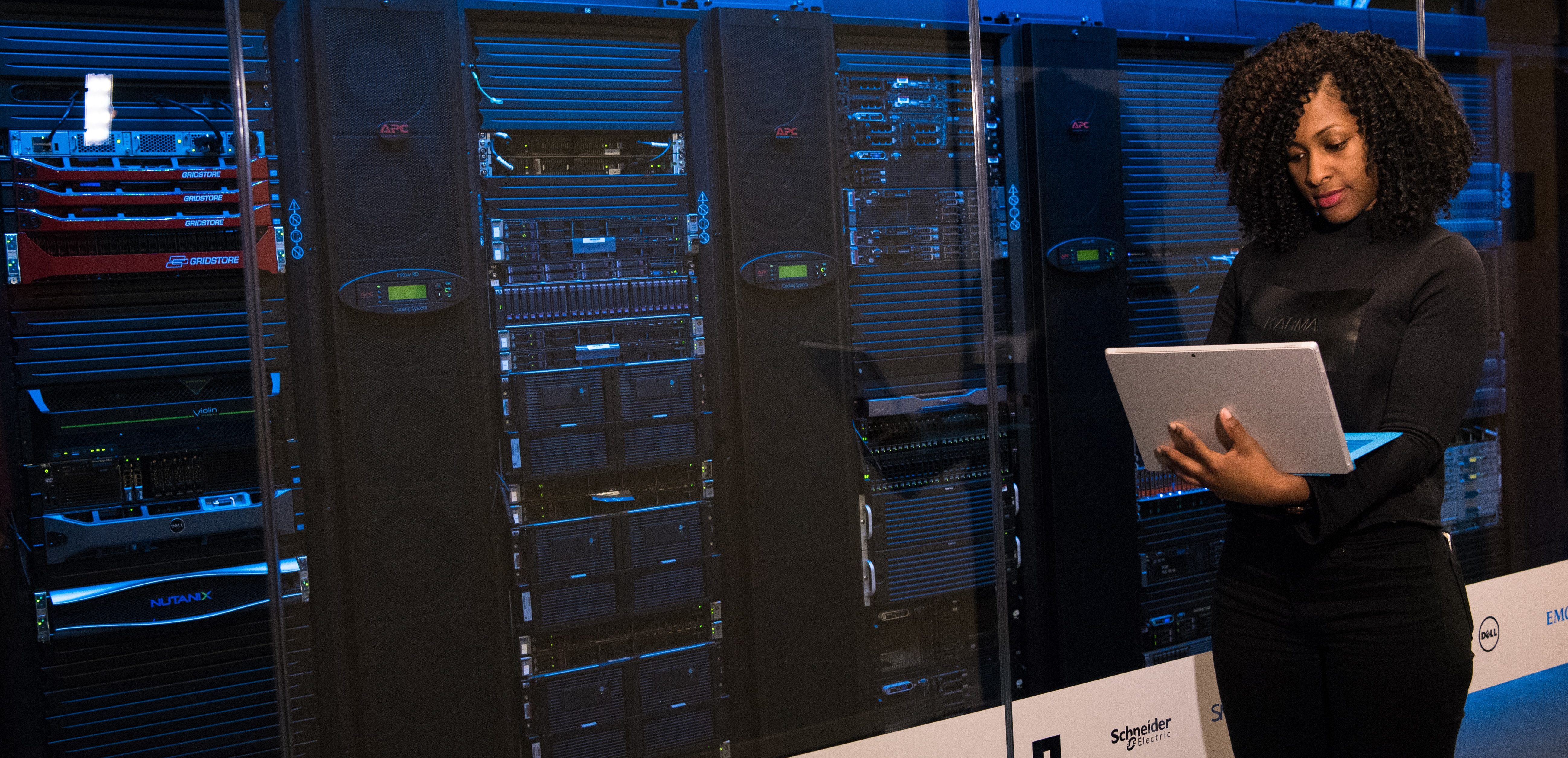Originally published in Employment Benefit News
By Bryan Yurcan
Banks are facing increased competition in attracting and retaining top talent. Some institutions have begun offering benefits like flexible work arrangements, improved paid-time-off programs and employee perks.
But technology can also play a key role. First Horizon National Corp., the holding company that operates First Tennessee bank as well as wealth management and capital markets subsidiaries, last year began using artificial intelligence to help gauge employee sentiment and identify the highest-performing employees, said Mario Brown, vice president, manager of leader assessment and development for First Horizon.
“It’s been critical in how we are revising our performance management philosophy,” Brown said. “We can easily go through and pick out what managers say about high performers — and also those who don’t meet expectations — and identify trends.”
First Horizon began using an AI product, called UltiPro Perception, from the technology vendor Ultimate Software last year to improve the analysis of its annual workplace climate survey. The software uses natural-language processing to “read between the lines,” Brown said, in open-text employee survey responses and can automatically differentiate between more than 100 emotions like confusion, enthusiasm and frustration.
Typically the survey is conducted in August, after which it would take about a month to get all the data back. At that point, Brown and his team would pore over the results while putting together a presentation of key takeaways for the chief executive and other top officials.
“Sometimes that wouldn’t happen until the latter part of October, even November,” Brown said. “Then it’s the end of the year and people start to shut down, they put in for their [vacation requests] and maybe some other tasks come up that are more urgent to finish by the end of the year. So managers might have been thinking about [the survey feedback] but weren’t acting on it until the next year.”
Last year, with the help of the software, the survey went out a month later than usual, in September, but the AI analysis was available the day after the survey closed.
The AI analysis helped the bank to connect the dots across the survey, he said. For example, some employees wondered if they were being compensated fairly, and that uncertainty was impacting scores related to teamwork, discretionary effort and job significance. It’s also been used to help identify the types of training and development initiatives different types of employees wanted based on their career goals. Ultimately, it helps the bank align training better with employee goals, for example discussing management programs with those who express an interest in career advancement according to the data.
Since that time First Horizon has used the AI platform for other smaller employee feedback initiatives beyond the big annual survey, such as exit interviews and performance reviews. Brown even deployed it after First Horizon’s acquisition of Capital Bank Financial in Charlotte, N.C., was finalized late last year to survey how employees at both organizations felt about the merger process.
All of this research is important for retaining and recruiting the best workers, Brown added.
“Especially when we think about some positions that are critical to the bank, or areas where it’s harder to find the best talent, this helps us understand how these employees are feeling working at this organization, what they’re thinking about and what’s important to them,” he said.
Using this kind of technology to help retain the best talent and measure sentiment “is a natural extension of AI and other machine learning technologies,” said Ed O’Brien, an independent bank industry analyst. “It’s a natural offshoot of what’s already happening with AI on the consumer side.”
Still, O’Brien cautioned that banks shouldn’t entirely replace human evaluation in HR and employee relations in favor of technology.
“The [AI] technology is still a work in progress,” he said. “There are nuances of language better understood by a human. I think your outcomes will be better if there’s a combination” of humans and technology.
Bryan Yurcan is a senior writer with American Banker, with a focus on financial technology.

